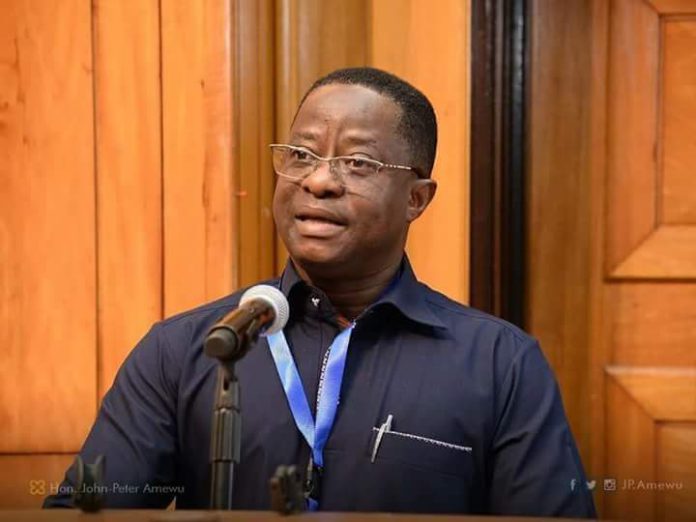President of the Republic, Nana Addo Dankwa Akufo-Addo, in his last televised address to the nation announced some relief packages to help mitigate the impact of COVID-19 on Ghanaian households and businesses.
Among the relief packages was the absorption of electricity and water bills by his government.
President Akufo-Addo stated that the government will be absorbing the entire electricity bills of Electricity Company of Ghana (ECG) lifeline consumers and 50 per cent of those of non-lifeline consumers.
READ:
Covid-19: Baby of pregnant Ghanaian nurse who died survives
22 arrested for attempting to cross over from Ghana to Togo
Ugandan trader ‘contracts malaria while sleeping in market’
Since the president’s announcement, Ghanaians have questioned what exactly it means to be classified as a lifeline consumer.
Speaking in a press briefing held by the Information Ministry on Thursday, Minister for Energy, John Peter Amewu, explained to the media what it means to be classified as a lifeline consumer.
According to the Minister, a Ghanaian who consumes between 0 to 50 Kilowatts of energy daily is classified as a lifeline consumer.
Ghanaians who consume electricity between 0 to 50 KW, that is those who have two lighting bulb points, a table top fridge and a fan for a limited number of hours on a daily basis can be considered as a lifeline consumer, he said.
The cost to government for absorbing the electricity bills of lifeline consumers of ECG, who cover over 1 million metres population and form 27.4 per cent of ECG’s entire customer base, will be GH¢ 8.5 million a month and a total GH¢ 25.5 million for the three months, he further stated.
In all, Mr Amewu stated that, the government will be spending a cumulative GH¢ 1 billion in absorbing the electricity bills of ECG customer population base of about 4.8 million metres across the country for the three months.

